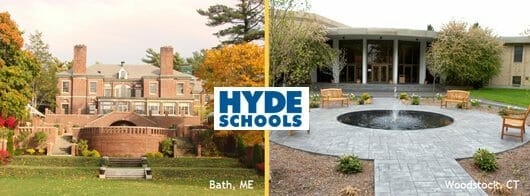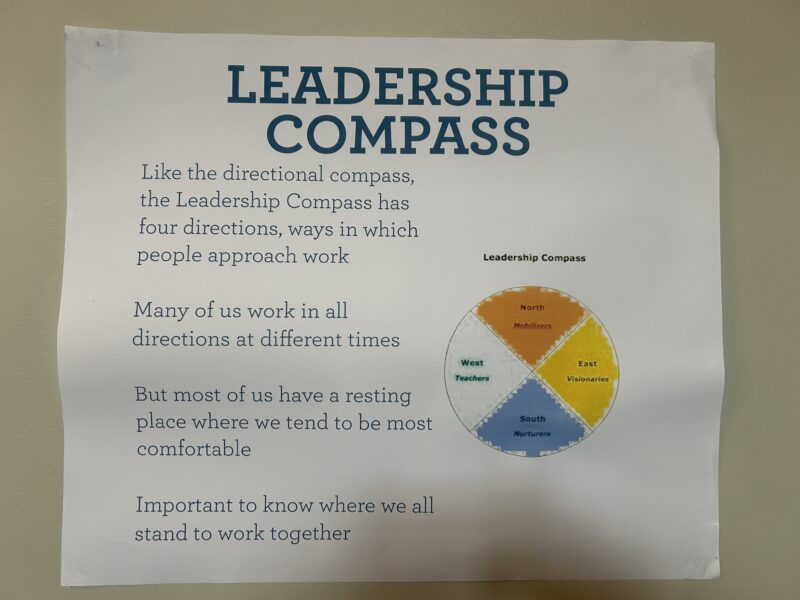
I’m often asked, “What kind of kids go to Hyde? How do I know if Hyde is right for me or my child?” It’s a hard question to answer. Here are a few of my thoughts on the topic:
1. A majority of Hyde families first arrive at our door with feelings of frustration toward their teenager and desperation regarding their parenting. We have observed that only a minority of families fitting this description are the right match for Hyde.
2. The right match has much to do with a family’s motivation to live lives committed to high principles and deep purpose. This motivation has often been tested and perhaps tempered by prior unsuccessful attempts to apply conventional methods and programs in hopes of countering the feelings noted in #1. As the teenager veers ever further away from coveted family principles, there is a sense that it’s time for something new and unique.
3. Hyde parents tend to believe that their son or daughter holds a capacity for a level of personal best that is neither expected nor respected in his or her current school environment.
4. Hyde students tend to be fairly bright and, perhaps despite recent evidence to the contrary, possess a capacity to face new challenges with resiliency. While some might currently be off-track, they typically have some history of being on-track, the more recent the better. Kids with no familiarity with being on-track and/or performing well are historically ill-suited to Hyde.
5. While most Hyde parents arrive primarily motivated to help their teenager, they are willing to make a commitment to participate fully in a program of personal and family growth. The more committed they are to their own personal growth, the better. Conversely, parents seeking to “drop their child off” at prep school would do well to look elsewhere.
6. Hyde believes that “who you are” matters more than “what you can do.” Consequently, Hyde is for families who share this belief.
7. Q: How does Hyde differ from a traditional prep school? A: Traditional prep schools place their primary emphasis on a rigorous college-preparatory program and assume that character development will be a residual outcome of the overall experience. Hyde places its primary emphasis on a rigorous program of character development and assumes that positive college placement will be a residual outcome of that overall experience.
8. How does Hyde differ from a therapeutic school? Therapeutic schools seek to remedy a particular deficit, typically a psychological or cognitive diagnosis, with the belief that once the problem is remedied, the individual will then be prepared to resume life in the mainstream. Hyde seeks to build upon a student’s strengths with the belief that a wholistic way-of-life can help students manage or resolve life’s current and future problems as a residual benefit of pursuing a new path.
Onward, Malcolm Gauld



